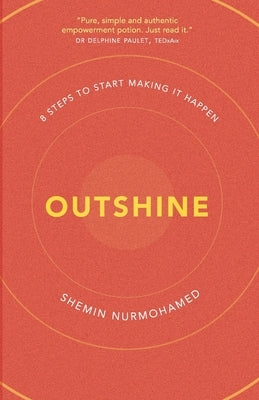Jack (Not Jackie)
$17.99
A Year of Simple Family Food
$29.95
Fullness: A Memoir
$11.11
It's in Her Kiss
$14.99
Killer Instinct
$9.99
Planting Peanuts
$34.22
Rasta Bible
$17.98
Strung Out
$18.99
Pastoral Theology
$26.99
The Case for Gay Reparations
$27.99
When the Earl Met His Match
$16.99
Stuck with You
$12.95
Qoheleth
$18.00
Outshine
$17.99
Wing Chun Made Easy
$12.99
Flatlantis
$25.00
The Werewolf of Ponkert
$14.95
Those 80s Cars
$29.95

















![ASWB Clinical Study Guide: Social Work ASWB Clinical Exam Prep and Practice Test Questions [3rd Edition Book] by Tpb Publishing](http://surprisecastle.com/cdn/shop/files/img_11ae2087-01d5-4f10-ada7-fd260812cba4.jpg?v=1730939620&width=533)


































